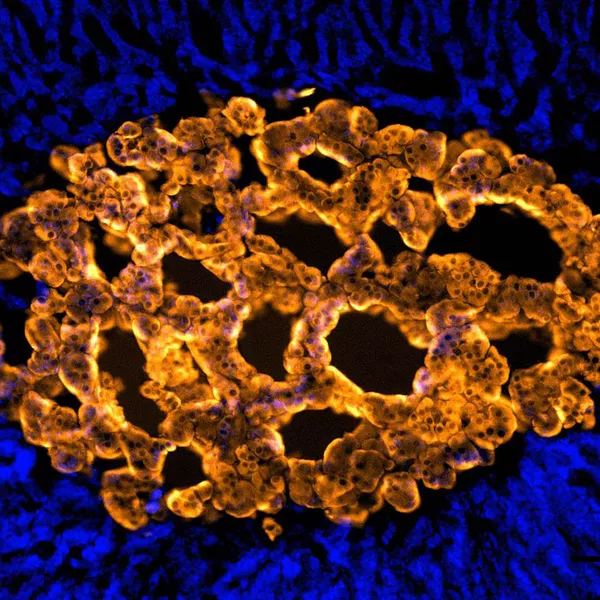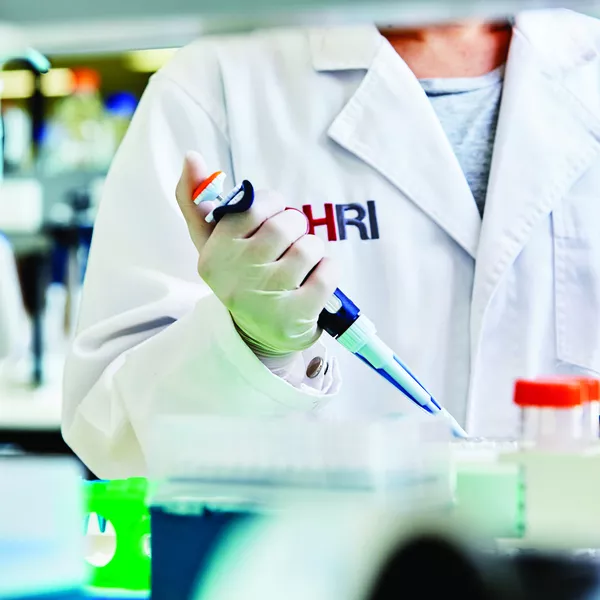
Colchicine, a drug commonly used to treat gout, is emerging as an exciting candidate to address the current unmet clinical need in treating atherosclerotic cardiovascular disease (CVD).
Atherosclerotic CVD is the leading cause of death worldwide. However, despite current optimal medical therapy, there remains a high rate of recurrent clinical events, highlighting an important therapeutic gap in the management of this disease.
The Heart Research Institute scientists, in collaboration with the Royal North Shore Hospital, Royal Prince Alfred Hospital and The University of Sydney, have reviewed colchicine and its potential as a treatment for CVD, in a paper published in Heart, Lung and Circulation.
“There is increasing clinical evidence that colchicine could be the solution we have been searching for.”
Inflammation plays a key role in all stages of atherosclerosis – the main underlying cause of CVD – and anti-inflammatory medications have been tested in large clinical trials of CVD patients, with mixed results. Given the current lack of primary immunomodulatory drugs in the treatment of atherosclerosis, colchicine is a promising candidate to fill this therapeutic need.
The review focuses on the pharmacology of colchicine, the mechanisms by which it modulates atherosclerosis pathobiology, and summarises the current clinical evidence for its use along with the upcoming clinical trial landscape.
“Moving forward, it will be important to further study colchicine’s mechanistic properties on cell signalling and atherosclerotic plaque modification. Upcoming clinical trials may also identify novel inflammatory biomarkers and specific subgroups of patients who might benefit most from colchicine treatment,” says Dr Kurup.
“This could potentially prove that immunomodulation through colchicine therapy can effectively help manage CVD, adding to our arsenal in the fight against this killer disease.”
Image: Dr Rahul Kurup


